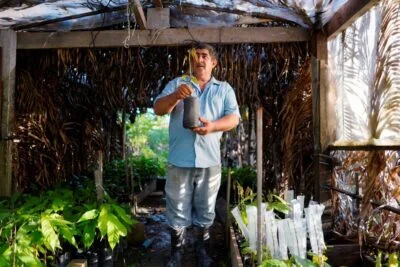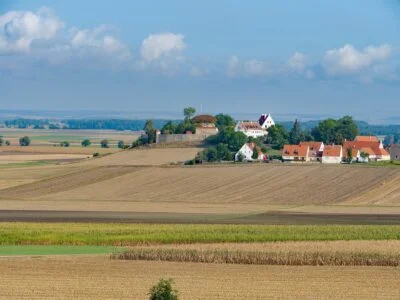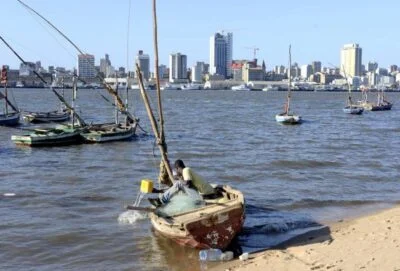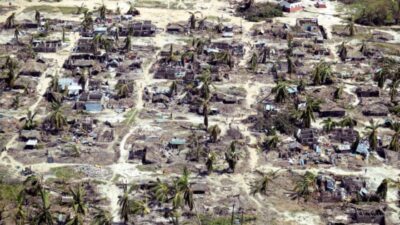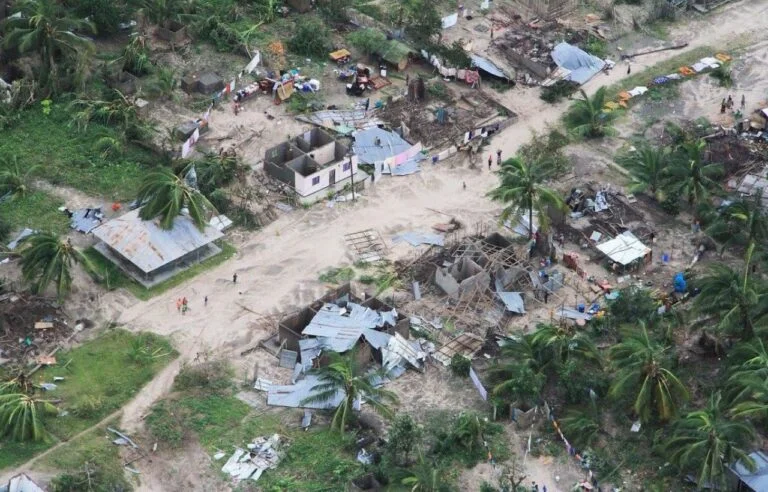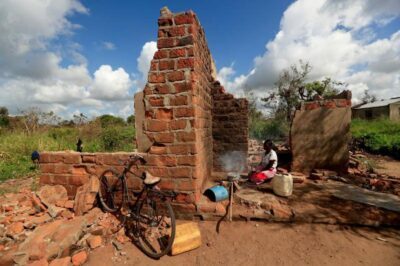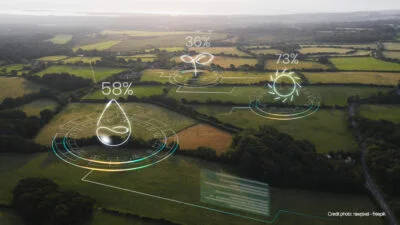OPINION: Preserve nature or survive: Amazon farmers’ COVID-19 dilemma
* Any views expressed in this opinion piece are those of the author and not of Thomson Reuters Foundation.
The coronavirus pandemic has disrupted small-scale farmers’ entire supply chains
By Antonio Inguane, regional trainer at Cadasta Foundation and Bruno Marianno, Program manager at Earthworm Foundation Brazil and Landscape Project Coordinator in Pará State
Six months have passed since the novel coronavirus disease COVID-19 was declared a global pandemic. With increasing uncertainty about a cure or vaccine rollout, most countries have been managing the effects of the pandemic by stretching scarce resources to the limits.
Although the impact varies by country and region, vulnerable communities in mostly low- and middle-income countries have been affected especially severely. Brazil is the third most affected country, with an estimated 15% of the world’s cases and more than 129,500 deaths.
The economic impact is already visible across the country. According to the Brazilian Institute of Statistics and Geography, the gross domestic product (GDP) decreased 9.7% in the first quarter of 2020, affecting mainly the productive sectors, such as agriculture and agroindustry.
Small-scale farmers make up 23% of the Brazilian food supply chain, and the government provides assistance in the commercialization and marketing process through PAA (Programa de Aquisição de Alimentos) and PNAE (Programa Nacional de Alimentação Escolar), in which small-scale farmers’ production is sold directly to schools across the country.
The slowdown of economic activities and the restrictions imposed on the day-to-day lives of citizens have disrupted the entire commodity supply chain for small-scale farmers. For example in the state of Pará, more than 50% of small-scale farmers participating in the PAA and PNAE reported significant impacts on the production, management, and commercialization of their goods. Yet, Pará is considered the breadbasket of northern Brazil, with an estimated 13.5 billion reais (approx. 2.5 billion dollars) in revenue from the agriculture market.
Dov Rosenmann, who leads Earthworm Foundation’s work in Brazil, sees the effects of the pandemic and its disruption of income for small-scale farmers as a major threat to the natural environment in the Amazon region. According to the National Institute for Space Research, Pará alone has contributed 34% (approx. 152,475 km2) of the total deforestation of the Amazon rainforest since the 1980s.
“Without any type of social safety-net to support these farmers during the pandemic, I am concerned that people will resort to the Amazon rainforest to suppress their income gap,” Rosenmann says.
Historically, deforestation in the Amazon has been linked to slash-and-burn logging to expand grazing areas; more recently there have been increasing reports of artisanal mining and the presence of grileiros (public land invaders).
COVID-19 has revealed numerous weaknesses in Brazil’s social safety-net, particularly for lower-income communities.
Meanwhile, lawmakers are divided over looming reforms to the Bolsa Familia program that was scrapped in 2019. As a replacement, the government is proposing a new welfare program (Renda Familia) that would increase the current monthly allowance by up to 300 reais (approx. 57 dollars). Concerns are mounting about the sustainability of the program, which proposes to eliminate other social benefits such as salary allowances.
With increasing pressure on government’s resources during the pandemic, small-scale farmers face a dilemma: preserve nature or survive! No single solution can effectively address these challenges, however, concerted efforts involving local governments, the private sector, and NGOs have proved to be a promising strategy.
Advocates of sustainable business practices such as Beraca (the leading provider of natural ingredients for the cosmetic and pharmaceutical industries in Brazil) have been engaging small-scale farmers in the supply chain of raw materials extracted from the Amazon rainforest.
“Over the past years we have seen a 27% decrease in the number of households engaged in activities deemed to be harmful to the environment when small-scale farmers are integrated in our supply chain. Additionally, there has been a 5% increase in oilseed collectors as well as a 16% increase in households collecting açaí fruits,” says Ms. Erica of Beraca.
If such a business model can engage small-scale farmers and cultivate a sense of economic empowerment, it might well incentivize other corporations to embrace more sustainable and equitable business strategies.
In that regard, Earthworm Foundation and Cadasta are piloting an initiative that would help to map and identify value chain markets for small-scale farmers commodities in the region – in the hope that it could limit the incentives to engage in illegal activities in the Amazon region.

